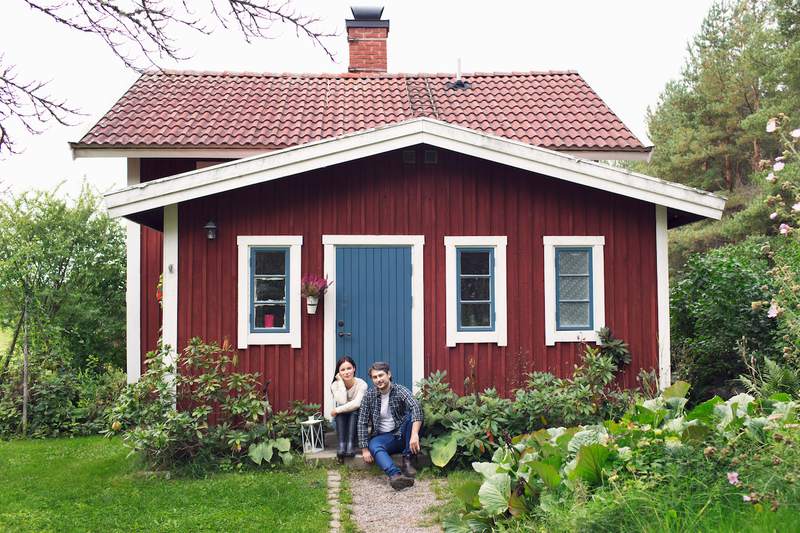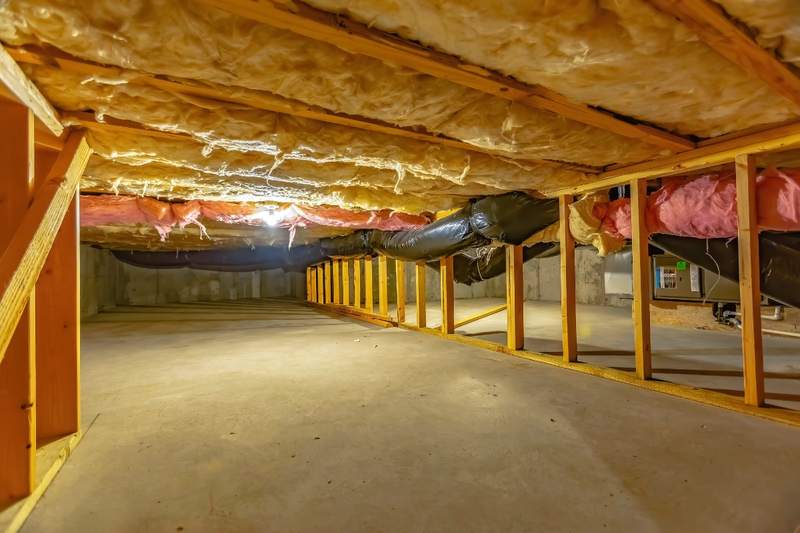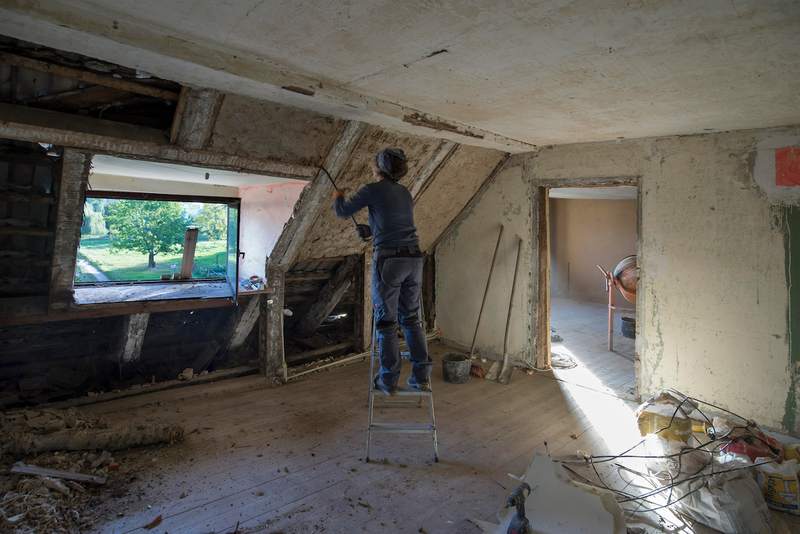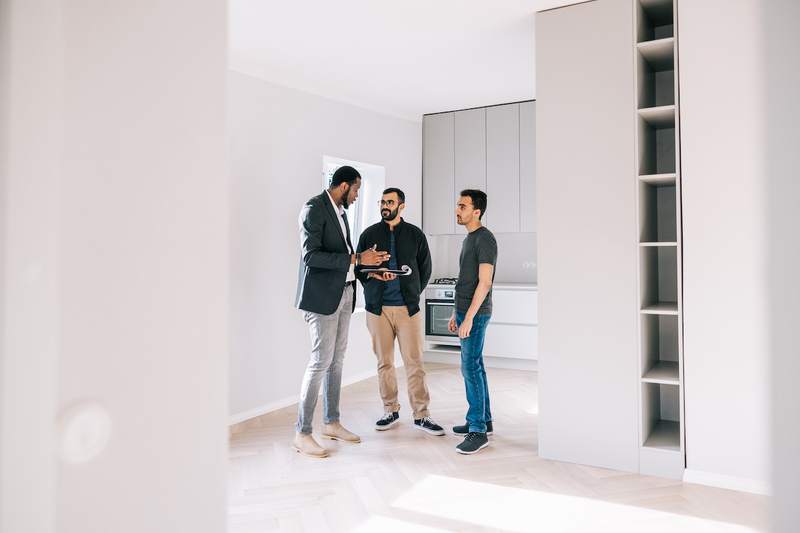
Buying a small house can be a great fit for many would-be homeowners. Yes, larger homes have plenty of room for families and people who need more space, but there are many ways that buyers can be just as happy with a smaller, more affordable home if it fits their lifestyle.
What Is a Small Home?
The term “small home” generally refers to homes that are smaller than the average home and larger than a “tiny home.” The median size of a single-family home in the first quarter of 2023 is 2,469 square feet, while tiny homes average about 400 square feet, so small homes would be anything in between.
Buying a small home is as much about the lifestyle as the space, says Yawar Charlie, a senior real estate agent with Aaron Kirman Group in Beverly Hills, California. “Small homes are about embracing comfort, efficiency, and functionality in a condensed space,” he says.
16 Benefits of Buying a Small House
No matter your reason for buying a small home, there are plenty of upsides to the decision. Here are 16 benefits of buying a small house.
1. Small homes cost less
You can expect smaller homes to be cheaper than larger ones. As of August 2023, the median listing price for a home in the United States is $223 per square foot. At that rate, buying a small house of 1,000 square feet would cost $223,000, while an average home of 2,469 square feet would cost $550,587.
2. Closing costs are cheaper
Closing costs typically are about 2% to 5% of the purchase price, so buying a smaller home that costs less will reduce your closing costs. You can divert the money you save on closing costs to your down payment, which can help you avoid having to pay for private mortgage insurance if you’re taking out a conventional mortgage.
3. Lower utility costs
Smaller homes typically require less energy to heat and cool. Plus, you likely will need less electricity to light and power your home.
4. Lower property taxes
Local governments usually use a home’s square footage to calculate its current market value, which in turn determines how much you’ll pay in property taxes. Smaller homes with a corresponding home value will have a lower property tax bill than a larger home.
It’s important to know how property taxes are calculated in the area you want to buy in, because methods vary significantly by state, county, and municipality.
5. Less expensive to furnish
One of the benefits of having a small house is that you have less space to furnish, which means you can either spend less overall on furniture or afford fewer expensive items. Either way, your home’s size limits how much furniture you need.
6. Frees up money for other expenses
You can use the money you save by buying and owning a smaller home for other financial goals or expenses. For instance, you can pay off debts, save for a vacation, or invest for retirement.
7. Easier to personalize
The cheaper cost of buying a small home can make it more affordable to personalize your home with projects such as customized landscaping, unique furnishings, or small renovations. With a small home, you can have more cash free to spend on the property.
8. Quicker and easier to clean
A smaller home requires less cleaning. Think about it: How much less time would it take to clean a home that’s 1,000 square feet in size than one that’s more than twice as large?
9. Cheaper to maintain
Having a smaller property means there’s less to maintain. You likely will have less lawn to mow, snow to shovel, and landscaping to maintain. Repairs like painting the exterior or replacing a roof also are likely to cost less.
10. Easier and less expensive to renovate
If you want to replace your kitchen cabinets in a smaller home, it’s going to be a smaller project that requires less in the way of materials and labor than doing so in a larger home.
11. Often in desirable locations
Smaller homes are common in well-developed and dense urban areas that are close to attractions such as dining and entertainment. You essentially trade a larger home for a prime location. If you’re someone who loves the busy city lifestyle, buying a smaller home in a desirable location will fit your needs well.
12. Better for the environment
A smaller home generally is more energy-efficient, which is more environmentally friendly. Plus, if you make renovations or changes to the home, it likely will have a smaller impact on the environment because you’ll need less materials and energy to complete them.
13. Closer to family
Large homes mean more space apart, and rooms where family members can spend time alone. With a smaller home, you can’t help but spend more time with your housemates, which can help you all develop a closer relationship.
14. Closer to neighbors
Smaller homes allow for denser neighborhoods, giving you more chances to meet and interact with your neighbors. Living in such areas also may help you feel like you’re part of a larger community, since you’ll have more chances to get to know people who live nearby.
15. Better for your health
Living in a smaller home can help you feel more connected to your family and your neighbors, which can in turn contribute to your overall health. Part of your well-being is feeling connected and having social connections, so if you sit down and eat meals with your family and friends more often, you may feel less overall stress.
16. Feels cozier
Want to feel comfortable in your home? A smaller house can elicit that cozy feeling much easier than a larger place.











